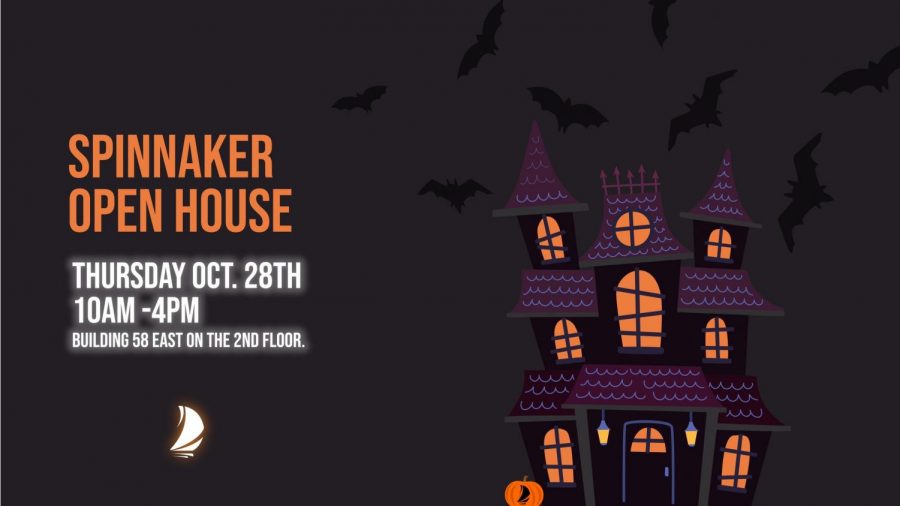There is a lot of ground to cover for the contemporary journalist. The defining value of modern news agencies is essentially that “everyone must know everything all the time,” and the amount of newsworthy events happening at any given time is staggering. There are, however, some stories that should probably make the headlines—such as what the International Rescue Committee calls “the world’s worst humanitarian crisis” that has caused 22 million to be in need of humanitarian assistance: the Saudi-led assault on Yemen.
However, American media has largely been silent on the war in Yemen and on Saudi Arabia’s human rights abuses in general—at least until the Saudis misstepped by allegedly murdering a journalist inside their consulate in Istanbul. Jamal Khashoggi’s murder is tragedy, but it also raises questions about journalistic ethics. Khashoggi’s murder is has been making headlines and front pages in every major American media outlet for days—yet the situation in Yemen, which is largely the result of Saudi interference, has hardly made news since its start in 2015.

Journalist Jamal Khashoggi visited the Saudi Consulate on Oct. 2 to receive paperwork to marry his Turkish fiancee, but never exited. While the details of what exactly happened in the consulate are still unclear, it appears a fifteen-man team of Saudis murdered Khashoggi and chopped his body into pieces. CNN sites sources that claim the Saudis were likely planning on interrogating and abducting Khashoggi, as he was a noted critic of Saudi Crown Prince Mohammad Bin Salman. Suddenly, Western journalists, who had mostly ignored Saudi Arabia’s human rights abuses or even praised them as an important ally in the Middle East, now let loose their fury on the Saudis because the dead was one of theirs.
This same important ally in the Middle East is the recipient of millions in arms from the United States. The U.S. remains the largest exporter of weapons, while Saudi Arabia is both the second largest purchaser of weapons and America’s number one customer. President Trump has currently signed off on $4 billion in arms agreements, while the Saudis purchased $112 billion in weapons from the U.S. during former President Obama’s presidency. These weapons, along with American intelligence, are being poured into the Saudi assault on Yemen with devastating results. The Saudis have used U.S. arms to triple-tap airstrike a Yemeni funeral killing 140, and used an American-made bomb to obliterate a Yemeni school bus killing 40 children. Now, a BuzzFeed investigation uncovered that American ex-special forces mercenaries hired by the Saudi coalition are being sent into Yemen to assassinate politicians, further implicating American business (in this case, Spear Operations Group) in the conflict. The IRC estimates a Yemeni child dies every ten minutes due to famine and disease brought on by the destruction of vital infrastructure. Meanwhile, most Americans seem oblivious to the crisis due to the lack of primetime coverage of the conflict.
Most Americans also seem oblivious to the fact that fifteen (the same number sent after Khashoggi) of the 9/11 hijackers were from Saudi Arabia, plus, the 29-page congressional inquiry into Saudi involvement in the attacks that shows several connections between the hijackers and Saudi officials. Saudi Arabian officials still deny involvement, but in a recent spat between Canada and Saudi Arabia over the imprisonment of women’s rights activists, the Saudi state-run media account @Infographic_ksa tweeted an image-threatening a 9/11 style attack on Canada.
Now deleted, here a screenshot of the threatening Saudi "infographic" featuring an airliner headed for the Toronto skyline. pic.twitter.com/LrkCLxxjFk
— Tobias Schneider (@tobiaschneider) August 6, 2018
The image depicts an airplane flying towards the Toronto skyline with the text, “Sticking one’s nose where it doesn’t belong!” and, “As the Arabic saying goes: ‘He who interferes with what doesn’t concern him finds what doesn’t please him.” The account quickly deleted the tweet, but the message was clear. Not only does the image seemingly acknowledge Saudi involvement in 9/11, but that they are willing to threaten a repeat.
The lack of attention paid towards Saudi Arabia’s many crimes is a massive failure on behalf of American media, but the praise for Crown Prince Mohammad Bin Salman is an embarrassment. CNBC published an article titled, “Ex-Google exec: Mohammed bin Salman is bringing Silicon Valley-style disruption to Saudi Arabia,” on March 27. The article praises “MBS” (the affectionate name his fans use) for vague promises of turning Saudi Arabia into the next Silicon Valley, completely ignoring “MBS’s”three-year campaign of terror in Yemen. Now, CNBC is fielding a commentary piece on Khashoggi’s murder, worrying that the international backlash will derail Mohammed bin Salman’s reforms. CNBC is not alone in this concern over the disruption of Saudi “reforms.” The New York Times published an opinion piece from Thomas L. Friedman offering complete uncritical supporter of Mohammed bin Salman’s “reforms,” while only mentioning Yemen to parrot the official Saudi line on the conflict. Today, the front page of the American paper of record is covered with pieces decrying the murder of Khashoggi, including Friedman arguing that America should effectively do nothing about Khashoggi’s murder. Most disgustingly, Friedman states that the Saudi government has, “Jamal’s blood on its hands,” and that we cannot ignore Khashoggi’s murder—meanwhile ignoring that the Saudi’s hands are already stained with the blood of Yemenis. It’s the murder of one journalist that will derail the mythical reforms, not the mass slaughter of Yemenis happening right next door.
Journalists need to confront the reality that Saudi Arabia has long been an exporter of terror and violence. The conflict in Yemen is effectively genocidal, and the Saudi’s murky role in terror plots disrupts any belief that America’s great ally in the Middle East is some bastion of freedom. The assassination of Jamal Khashoggi is a great tragedy, especially to the world of journalists, but the duty of the journalist is to expose what is happening in the world— the cushy treatment of Saudi Arabia up to this point is a failure in that duty. American journalists must reconcile that they have failed to adequately cover the many of Saudi Arabia’s abuses while mourning their loss. Jamal Khashoggi’s murder is the latest in a long line of crimes committed by Saudi Arabia, but hopefully, a renewed spotlight on the violent monarchy can convince Americans to demand action against the regime. If there is a way to show that Jamal Khashoggi’s murder truly matters, it lies in a reinvigorated commitment to exposing the truth and demanding justice.
—
For more information or news tips, or if you see an error in this story or have any compliments or concerns, contact editor@unfspinnaker.com.















